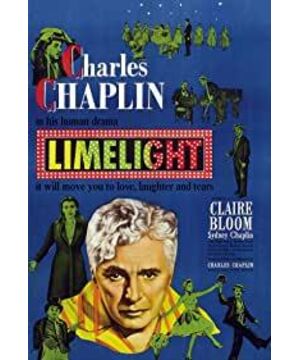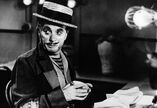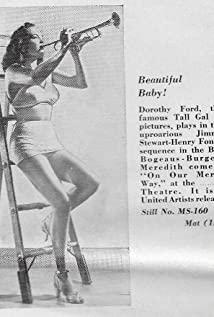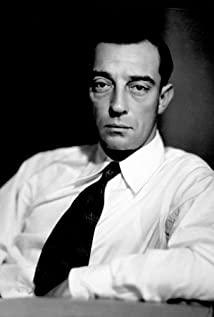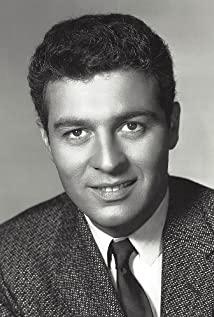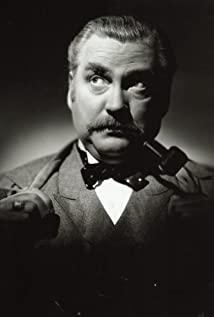Such autobiographical writing was praised by Bazan as a "great work". He analyzed it from the author's psychological point of view and considered it to be "Chaplin's exorcism ritual". I think the best thing about his critique is that he treats the film's structural clutter and other shortcomings "as a quality, a mystery that we don't yet understand," and treats the film's two-and-a-half-hour-long, even tedious, The clip is called "making people lose their sense of time and temporarily relax their attention", and finally he put the highlight of the film on the analysis of the theme, this is not a simple tragic old age of an outdated actor, but Chaplin's Abstract thinking through the concrete image of Karl Ferrero: "The Artist's Value and the Audience's Evaluation". Bazin believes that the film's significance to Chaplin's series is that it once again proves that Chaplin is the most perfect and great representative of the creator of the 20th century film era, just as the Renaissance (that architecture and painting) era) of Leonardo da Vinci and Michelangelo. The image of Calfero is the highest form of authoritative writing after Charlie's "myth" and Verdue's "post-mythological dialectical symbol" - this time Chaplin completely integrated himself and the character, tore the screen, Facing the audience, heart-to-heart communication. Chaplin analyzed the real and even subconscious feelings he experienced in real life, such as self-doubt, spiritual nightmares (like Calfero's old age), and even subconsciously. The resulting, seemingly chaotic curtain call is "great." In reality, we can't actually tell whether we praised the film because of its own artistry, or because of moral and emotional preference and nostalgia. But there is no doubt that when you understand Chaplin's creative thinking and achievement genius, you will understand that this is a completely "free" work, containing Chaplin's lifelong wisdom, talent, and heritage. Nostalgia for the stage, respect for the audience, adherence to the film, attitude towards aging, confrontation and breakthrough to inner fears, he showed us the panic that he had experienced in his heart through the film: the makeup mirror was covered with makeup after removing makeup. The wrinkled face, the fragility of falling off the stage and unable to stand up again, facing the kind sympathy of friends and the self-doubt that the audience ruthlessly abandoned... But this kind of autobiographical writing is the writing of all human beings. We learn from him. Seeing his own life, he has become a freelancer of the "least free" collective creative art of film. He has crossed the bottlenecks brought by the times and technology, and has truly integrated with the film, which is enduring.
View more about Limelight reviews


